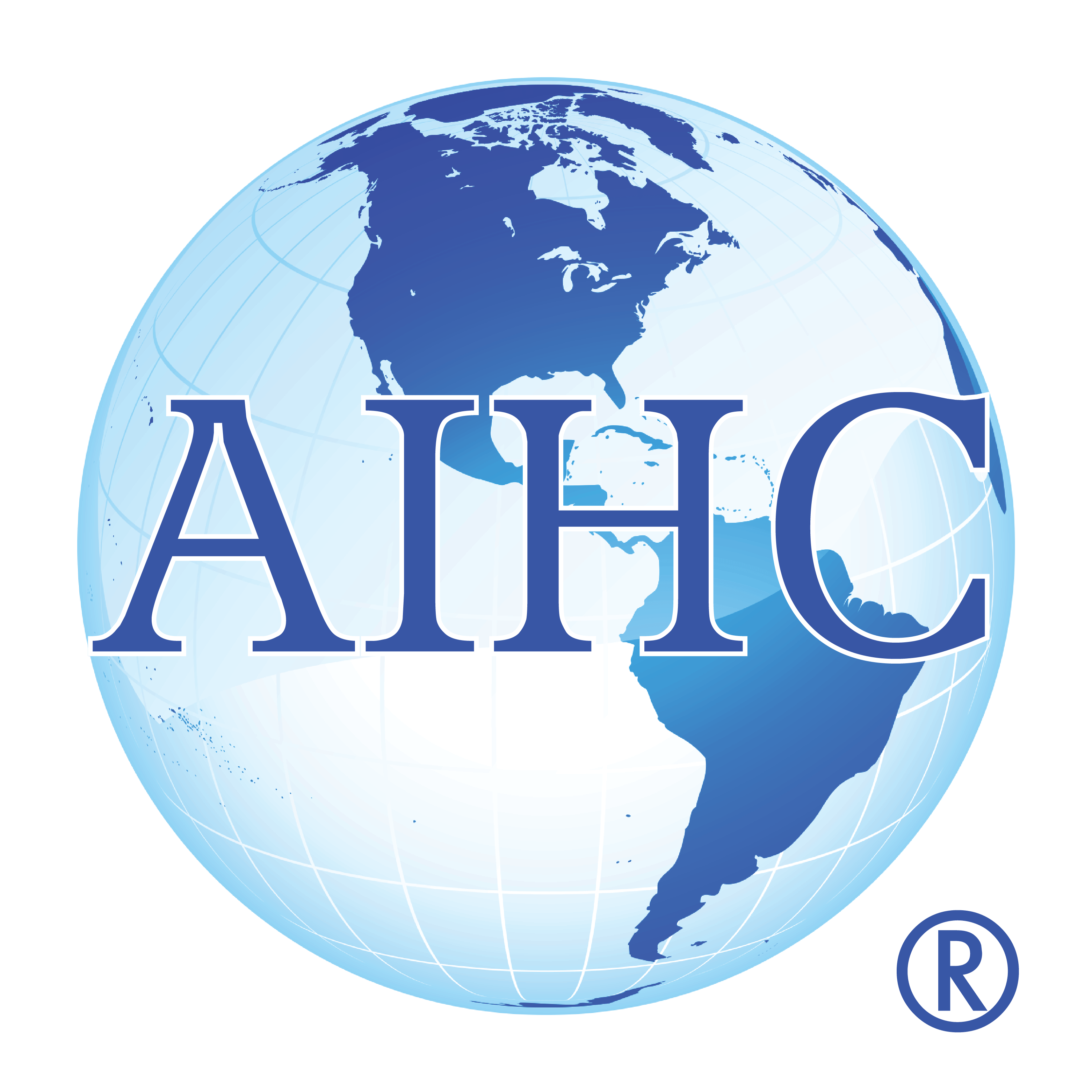Written by: Compliance blogger
More...
Health care professionals have been prohibited from accepting kickbacks in the form of money, gifts or other types of remuneration for referrals to any federal healthcare programs since the Anti-Kickback Statute or AKS. The AKS was enacted in 1972 as an amendment to the Social Security Act.
In October of 2018, a new federal statute called “Eliminating Kickbacks in Recovery Act” (EKRA), codified at 18 U.S.C. § 220, extends the scope of the AKS in response to the opioid crisis.
It expands and broadens the prohibition for remuneration to cover certain abusive payment arrangements related to opioid addiction treatment centers, since the AKS only applies to federal health care programs.
The EKRA applies to “Subject Entities”, such as laboratories, recovery homes and clinical treatment facilities. This was done in conjunction with the Substance Use-Disorder Prevention that Promotes Opioid Recovery and Treatment for Patients and Communities Act of 2018 (SUPPORT). The SUPPORT Act was enacted in response to the opioid crisis and the EKRA can apply to any service or item that is paid for by a commercial or governmental healthcare insurance program.
EKRA defines the Subject Entities as follows:
- Recovery home: “a shared living environment that is, or purports to be, free from alcohol and illicit drug use and centered on peer support and connection to services that promote sustained recovery from substance use disorders.”
- Clinical treatment facility: “a medical setting, other than a hospital, that provides detoxification, risk reduction, outpatient treatment and care, residential treatment, or rehabilitation for substance use, pursuant to licensure or certification under State law.”
- Laboratories: defined by reference to CLIA, which means that all laboratories are subject to EKRA. EKRA regulations may apply when referrals are not for treatment services.
In addition, the EKRA’s definition of a laboratory extends to any type of clinical laboratory, including those that are responsible for clinical lab services. It does not specify that the services must be for addiction and recovery testing. So, with respect to laboratories, even though EKRA was enacted in response to the opioid crisis, it applies to all laboratories, not just laboratories that perform testing related to substance abuse (e.g., toxicology screening).
Citation from “§ 220. Illegal remunerations for referrals to recovery homes and clinical treatment facilities”:
(a) OFFENSE.—Except as provided in subsection (c), it shall be unlawful to, in or affecting interstate or foreign commerce, knowingly and willfully—
(1) solicit or receive any remuneration (including any kickback, bribe, or rebate) directly or covertly, in cash or in kind, in return for referring a patient or patronage to a recovery home or clinical treatment facility;
(2) being a recovery home or clinical treatment facility, or an officer or employee of a recovery home or clinical treatment facility acting in the course of their employment, pay or offering any remuneration (including any kickback, bribe, or rebate) directly or covertly, in cash or in kind, to—
(A) a person in exchange for the person referring an individual to that recovery home or clinical treatment facility; or
(B) an individual in exchange for that individual using the services of that recovery home or clinical treatment facility; or
(3) being a clinical service provider, or an officer or employee of a clinical service provider acting in the course of their employment, pay, solicit, or receive any remuneration (including any kickback, bribe, or rebate) directly or covertly, in cash or in kind, to a recovery home or clinical treatment facility, or to an officer or employee of a recovery home or clinical treatment facility, in exchange for referring an individual with a substance use disorder to a clinical service provider for clinical services.
(b) PENALTY.—Any person who violates subsection (a) shall be fined not more than $200,000, imprisoned not more than 10 years, or both.
Note: Violating the EKRA is double the possible fine per violation of the AKS.
It is important that health care professionals are aware of these and other restrictions governing them in their effort to be compliant. Make sure you are knowledgeable about topics like these that could impact your organization. Consider taking our Corporate Compliance Training Program to stay updated and compliant in our ever-changing health care system. Part of what you will learn in this course is how to eliminate high-risk practices, such as kickbacks, that my exist in your organization and how to create an effective compliance program.
Additional Resources: https://www.congress.gov/115/bills/s3254/BILLS-115s3254is.pdf
